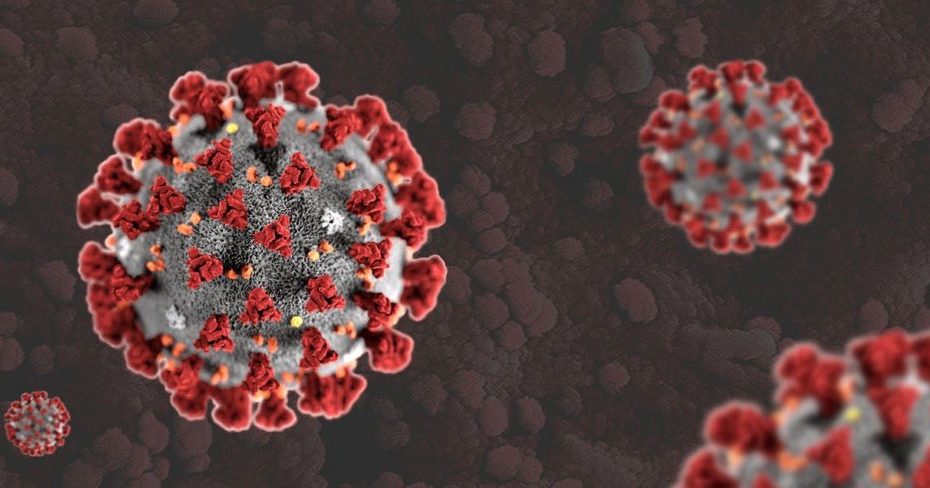Following are the key research articles on Pulmonary Rehabilitation (TeleRehab) and its application to COVID-19
1. Research Article: Rehabilitation after COVID-19: An evidence-based approach
Author, Publication, Date: Derick T Wade, Clin Med July 2020
Abstract: After severe COVID-19 disease, many patients will experience a variety of problems with normal functioning and will require rehabilitation services to overcome these problems. The principles of and evidence on rehabilitation will allow an effective response. These include a simple screening process; use of a multidisciplinary expert team; four evidence-based classes of intervention (exercise, practice, psychosocial support, and education particularly about self-management); and a range of tailored interventions for other problems. The large number of COVID-19 patients needing rehabilitation coupled with the backlog remaining from the crisis will challenge existing services. The principles underpinning vital service reconfigurations needed are discussed.
Link: https://www.rcpjournals.org/content/clinmedicine/20/4/359
2. Research Article: The Transition from Reimagining to Recreating Health Care Is Now
Author, Publication, Date: Judd E. Hollander, MD & Frank D. Sites, MHA, BSN, RN, April 8, 2020
Abstract: Prior to the Covid-19 pandemic, policy makers and leaders from both the health care delivery side and the payer side were busy “reimagining” health care; but change was slow to occur because the economic incentives were not aligned with the vision. Covid-19 changed everything. Suddenly it is time to move past reimagining and begin recreating. In this article, we provide insights into the perceived impediments that led to slow adoption of telemedicine, the changes that came with the Covid-19 pandemic, and advice on how to most easily implement a telemedicine program rapidly if you do not have one. We also caution that established telemedicine programs should not embrace the short-term easing of federal restrictions and divert from best clinical practices unless absolutely necessary.
Link: https://catalyst.nejm.org/doi/full/10.1056/CAT.20.0093
3. Research Article: Guidelines of physiotherapy management in acute care of COVID-19 at dedicated COVID center in Mumbai
Author, Publication, Date: Chhaya V Verma & others, The Journal of Indian Association of Physiotherapists, 29 June 2020
Abstract: Coronavirus disease also referred to as COVID-19 is an infectious disease which is highly communicable. The World Health Organization has declared the COVID-19 outbreak as a pandemic. In India, Maharashtra is one of the worst impacted states and Mumbai has emerged as a hotspot. There is a nationwide lockdown imposed, and there are several containment zones in Mumbai to make sure that the virus does not spread any further. With increase in the number of admissions in intensive care unit, there is a need to define the role of a physiotherapist in the current scenario of a pandemic. The aim of this article is to provide guidelines for clinical practice, as well as to safeguard the health of COVID duty-assigned physiotherapists in acute care setup.
Link: http://www.pjiap.org/text.asp?2020/14/1/55/288365
4. Research Article: Respiratory rehabilitation in elderly patients with COVID-19: A randomized controlled study
Author, Publication, Date: Kail Liu, Weltong Zhang, Yadong Yan and others, 2020 May; 39: 101166
Abstract: Different degrees of disorders are reported in respiratory function, physical function and psychological function in patients with corona virus disease 2019 (COVID-19), especially in elderly patients. With the experience of improved and discharged COVID-19 patients, timely respiratory rehabilitation intervention may improve prognosis, maximize functional preservation and improve quality of life (QoL), but there lacks of studies worldwide exploring the outcome of this intervention.
Six-week respiratory rehabilitation can improve respiratory function, QoL and anxiety of elderly patients with COVID-19, but it has little significant improvement on depression in the elderly.
Link: https://www.ncbi.nlm.nih.gov/pmc/articles/PMC7118596/
